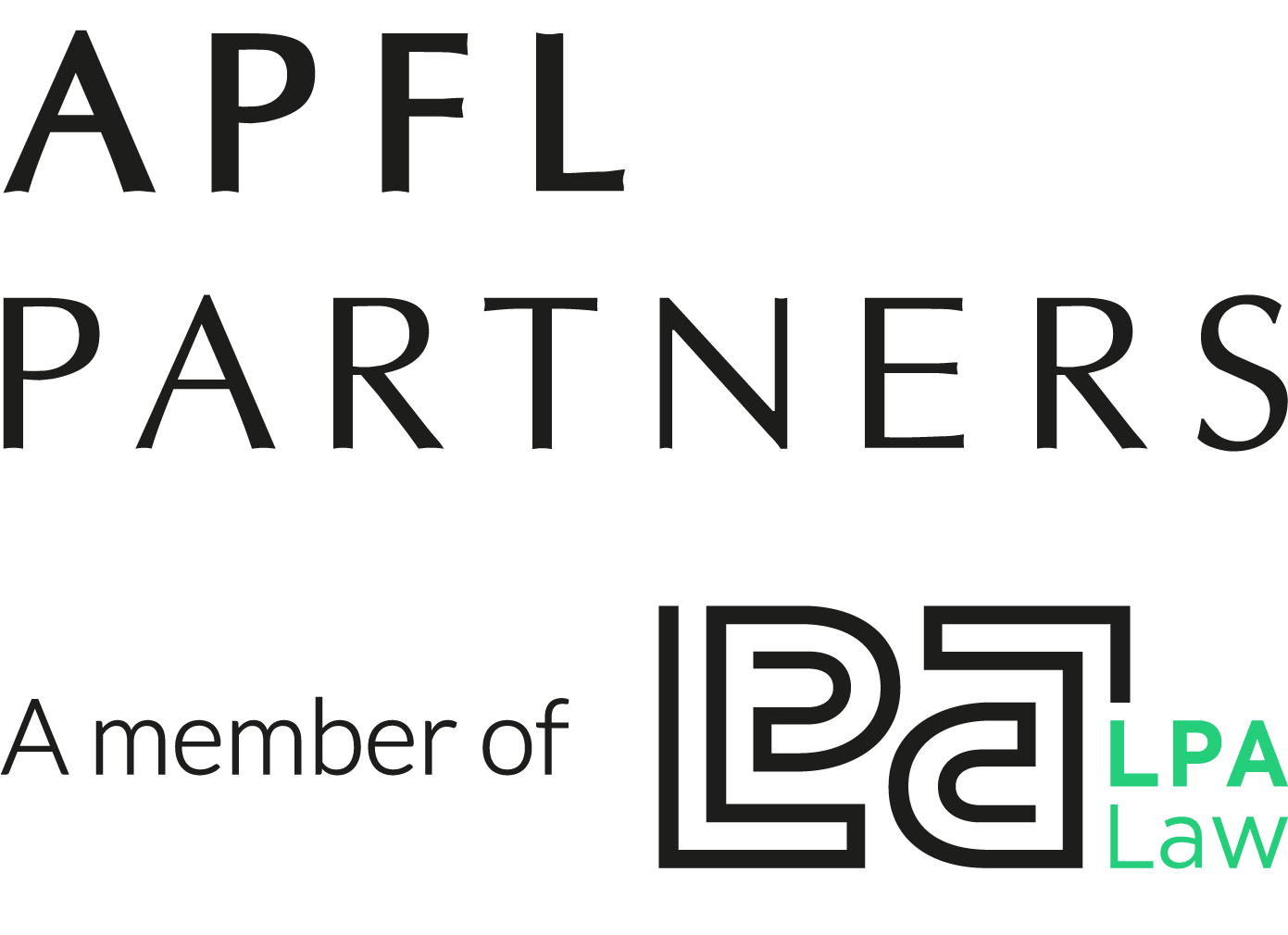Legal Update – Law on Trade Union (2024)

On 27 November 2024, the National Assembly of the Socialist Republic of Vietnam adopted Law No. 50/2024/QH15 on Trade Union, replacing the previous 2012 Law on Trade Union.
Right to union participation for non-contract workers
Under Article 5, the law now explicitly grants all Vietnamese workers the right to establish, join, and participate in trade union activities, regardless of whether they hold a formal employment contract or not. This provision extends to self-employed individuals and those working informally. These workers are defined in Article 3.6 of the Labour Code as individuals working without an employment relationship established through a labour contract.
Rights of foreign workers
Article 5 also provides that foreign nationals working in Vietnam under a labour contract of at least twelve months may join and participate in activities of grassroots trade unions. However, they are not allowed to establish unions or hold union leadership positions, which remain exclusive to Vietnamese citizens. Participation must comply with the Charter of the Vietnam General Confederation of Labour and other relevant legal texts.
Clearer prohibitions against anti-union practices
Article 10 of the law clearly outlines prohibited behaviours, with a focus on preventing discrimination and interference in union activities.
| Article 9. Prohibited acts | Article 10. Prohibited acts |
| 1. Obstructing or causing difficulties in exercising trade union rights. | 1. Obstructing or causing difficulties in exercising trade union rights. |
| 2. Discriminating against workers for reasons of establishing, joining trade unions, or participating in trade union activities | 2. Discriminating against workers, trade union officials for reasons of establishing, joining trade unions, or participating in trade union activities, including the following acts: a) Requesting others to join, not join or leave the Vietnam Trade Union in order to be recruited, conclude or renew employment contract or working contract; b) Dismissing, disciplining, and unilaterally terminating employments contracts, working contracts; refusing to renew employment contracts, working contracts; assigning employees tasks that are not specified in the contracts; c) Discriminating in terms of salaries, bonuses, benefits, working hours, and other rights and obligations in labor; d) Discrimination regarding gender, ethnicity, religion, belief and other discrimination in labor; dd) Providing false information to discredit the reputation and honor of trade union officials; e) Promising or providing material or non-material benefits so that employees or trade union officials will not participate in trade union activities, stop working as union officials, or act against the Trade Union; g) Exerting control in, hindering, and causing difficulties to weaken trade union operation; h) Other acts as prescribed by law. |
| 3. Using economic measures or other measures to create disadvantages to trade union organization and operation. | 3. Using economic measures, mental threatening or other measures to create disadvantages to trade union organizations, intervening, manipulating the process of establishment, operation of the trade union, weakening or disabling the performance of the functions, duties, rights, responsibilities of the Trade unions. |
| 4. Failing to ensure the conditions for trade union operation and trade union officials as prescribed by law. | |
| 5. Failure to transfer trade union contributions; delaying transferring trade union contributions; failure to transfer trade union contributions at prescribed rates; transferring trade union contributions that do not match the number of members; managing and using trade union contributions against applicable regulations. | |
| 6. Receiving aid, donation, or technical support against the law. | |
| 4. Taking advantage of trade union rights to violate the law, infringe on the interests of the state, legitimate rights and interests of agencies, organizations, enterprises, and individuals. | 7. Taking advantage of trade union rights to violate the law, infringe on the interests of the state, legitimate rights and interests of agencies, organizations, units, enterprises, individuals. |
| 8. Providing false information, inciting, distorting, defaming trade union organizations and operations. |
The new Law on Trade Union will take effect on 1 July 2025.
Disclaimer: This newsletter and its content are for informational purposes only and do not constitute legal advice. Readers should seek legal or professional advice before taking or refraining from any action.


